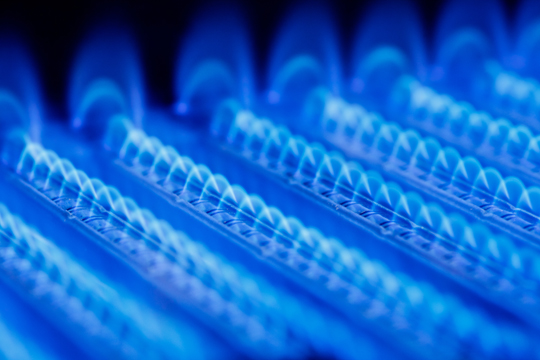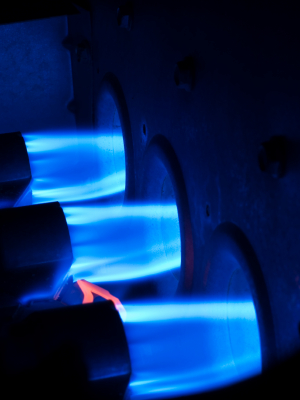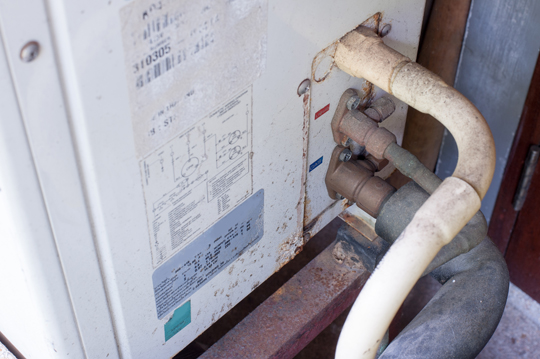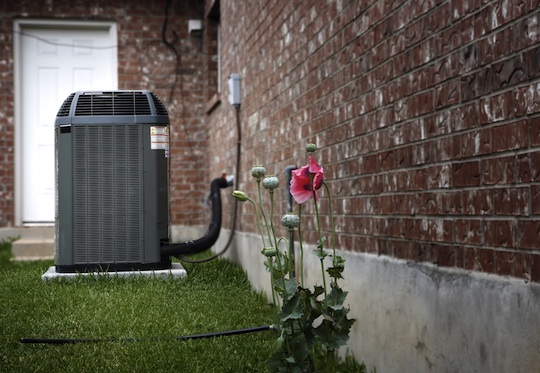Should you switch to natural gas heating in your home? Of course, natural gas companies say you should. To be fair, natural gas is indeed a more versatile source of energy than propane or oil fuel. You can use natural gas to fuel a range of appliances from your furnace to the stove or washer.
On the other hand, there are important things to consider before pursuing furnace natural gas conversion. Read on to understand its advantages and disadvantages.
Reasons to Convert to Natural Gas
First of all, here’s how it works: A gas supplier will pipe natural gas into your home, similar to how your water is supplied to many homes. With this setup, there’s no need for constant reminders to refill the propane or oil tank. Here are more advantages when your furnace uses natural gas:
– Improved energy efficiency: Your furnace can become more energy efficient, since natural gas usually burns more completely than other types of fuel. Also, in newer models available today, the most energy-efficient oil furnace is still a little less efficient than a gas-burning furnace.
– Pay after usage: Most, if not all, oil and propane suppliers require prepayment before usage. When you convert to natural gas, you normally have to pay after a month of service, thus only paying for what you actually use.
– Get rebates: Your local natural gas company is likely offering a rebate for customers to switch to natural gas. Some companies even offer a new gas furnace as incentive.
– More than 80 percent of the natural gas used in the country is locally produced, making its cost more stable than other fuels.
Reasons to Think Twice About Converting to Natural Gas
One very important thing to determine even before you weigh the pros and cons of using natural gas heating is whether your area has a supplier and that there are available hookups for your home. Otherwise, connections to the gas main is needed, which involves installing a pipe to the street from your home and running new pipes inside the house.
Also, converting an existing oil furnace to natural gas is most likely expensive. It requires burner replacement at the very least, and upgrading is simply impossible on many older furnaces. It does make perfect sense, however, to convert your aging oil furnace to natural gas if it’s time for a replacement anyway.
Final Words
As you can see, it’s not that simple to just switch your heating system to use natural gas. You should consult with a reputable HVAC contractor who can help you in reviewing the benefits and costs. Count on TalkLocal to match you with the right contractor for your job – fast and at no charge! Try us now.
Tags: Furnace Natural Gas










